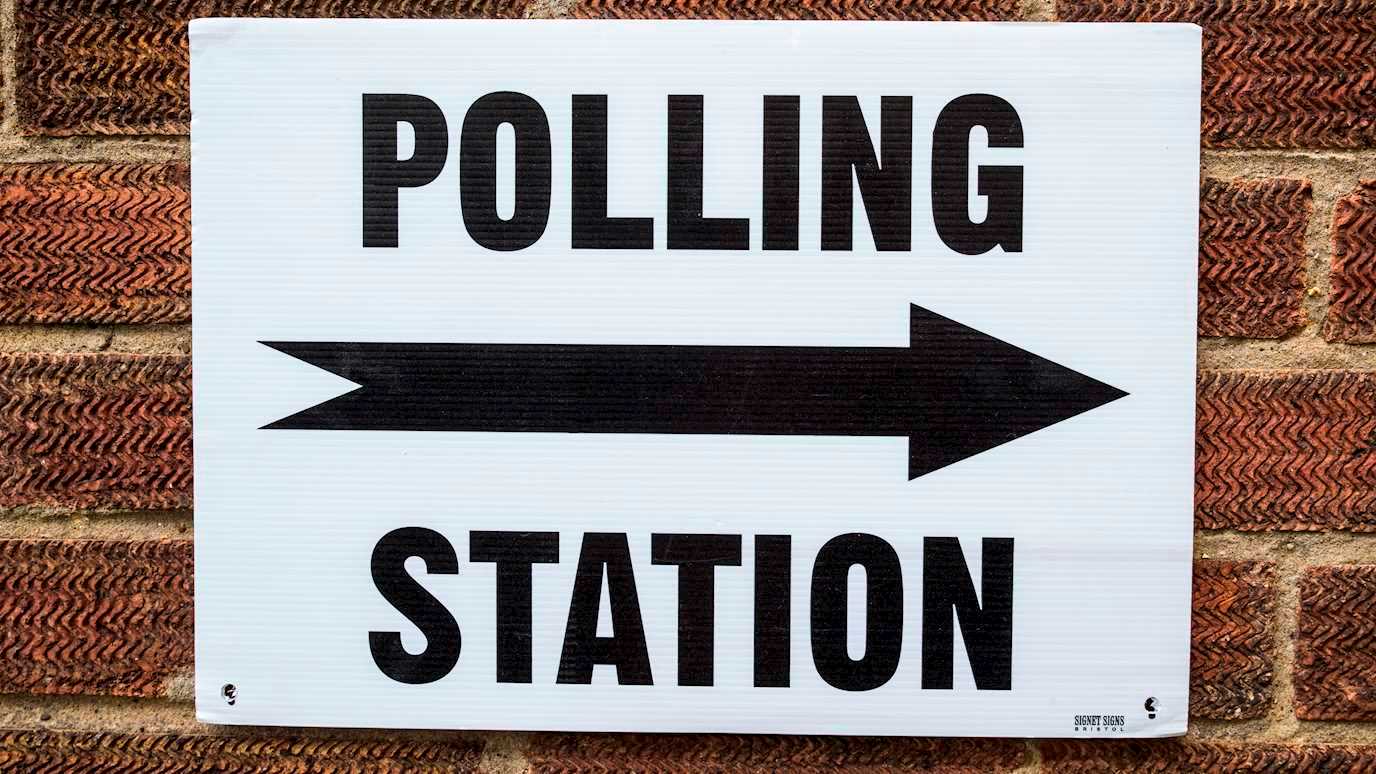According to a new analysis of voting patterns at the 2019 General Election, Labour and the Conservatives urgently need to deliver a compelling offer on levelling-up in order to reconnect with voters on low incomes since Covid-19.

For the first time, more people on low incomes voted for the Conservative Party than for Labour. Boris Johnson’s Conservatives are now more popular with people struggling to make ends meet than with wealthy voters.
Landmark new research for Joseph Rowntree Foundation (JRF) by Professor Oliver Heath from Royal Holloway and Professor Matthew Goodwin from the University of Kent, reveals the critical role low-income voters played in deciding the outcome of the 2019 general election.
As Covid-19 evolves from a health crisis into an economic one, evidence is growing that the areas most in need of levelling up are bearing the brunt of the fallout from the pandemic. At a time of rising compassion and concern for people on low incomes, addressing that fallout fully and quickly will be a crucial challenge for both parties.
With promises to boost incomes and investment across the country, the implementation of the Conservatives’ levelling-up agenda has never been more crucial in the lives of swathes of voters across Labour’s old heartlands.
People on low incomes are now facing the double injustice of a major economic shock from COVID-19 before the policy agenda to bolster local economies has been implemented. They were less able to isolate themselves at home and are now most exposed to the worst economic effects of the COVID-19 crisis.
Professor Oliver Heath, from the Department of Politics and International Relations at Royal Holloway, said: “Low income voters played a pivotal role in shaping the outcome of the 2019 General Election by helping to deliver seats to the Conservatives that Labour had held for a generation.
“Recent elections have been highly volatile and this volatility looks set to continue. As Covid-19 evolves from a health crisis into an economic crisis, both parties urgently need to deliver a compelling offer to voters on low incomes whose lives have been profoundly affected by the pandemic.”
To reduce the likelihood of more people being swept under, JRF argues the immediate levelling-up priority has to be to stop the challenge becoming any harder, if the same areas and sectors which risked being left behind before the election are also hit hardest by the COVID-19 crisis.
The detailed analysis of the election result shows that despite being in office for nearly a decade, in 2019 the Conservatives established a 15-point lead over Labour among people on low incomes.
Labour had led among this group as recently as 2017, demonstrating the volatility of this electorate and the urgency for both parties to build a firm connection with a group whose experiences of living on a low income, maintaining the trust of this group in an uncertain world.
Helen Barnard, Acting Director of the independent Joseph Rowntree Foundation, added: “Last December the Conservatives swept to victory on a wave of support from low income voters, promising to ‘level up’ the nation and fix the regional imbalances plaguing the UK economy.
“This crisis has shown us to be a compassionate country willing to make sacrifices to keep each other safe, but not everyone is in a strong position to weather the storm.
“With the economic impact of Covid-19 now hitting those same low-income voters hardest, delivering on the government’s levelling-up agenda is the right thing to do to hold the country together as well as being a political necessity.
“The Conservatives are no longer the party of the rich, while Labour is no longer the party of the poor. That new political landscape has a crucial effect on how we build a new economic reality in a post-covid world. Levelling up the UK and tackling poverty are fundamental to our success or failure as a nation recovering from the tragedy of this pandemic.”
In 2019, Labour lost nearly one in three low-income voters who had turned out to vote for the party in 2017. By contrast the Conservatives retained 90% of low-income voters who voted for them in 2017. Most of the Conservative Party’s new votes from low-income voters came direct from Labour:
Both parties have inverted their traditional support base, with the Conservatives now more popular among people on low incomes than they are among people on high incomes. The party that Sir Keir Starmer recently became leader of is today just as popular among the wealthy as it is among those on low incomes, meaning its need to reconnect with its traditional base if it is to achieve a majority in a future election has never been more urgent.
Key factors driving the inversion of traditional voting patterns were Brexit, a Conservative advance among working class voters, pensioners and non-graduates since 2017, and negative perceptions of Labour’s leadership and economic plans.
JRF is urging the Government to deliver on the pledges made in the Conservative manifesto for 2019 which addressed low income voters, such as The UK Shared Prosperity Fund, The Towns Fund, £100 billion in additional infrastructure spending and greater investment in bus networks and railways.
























